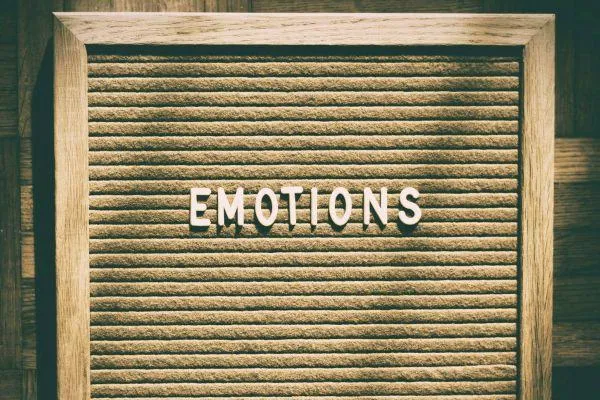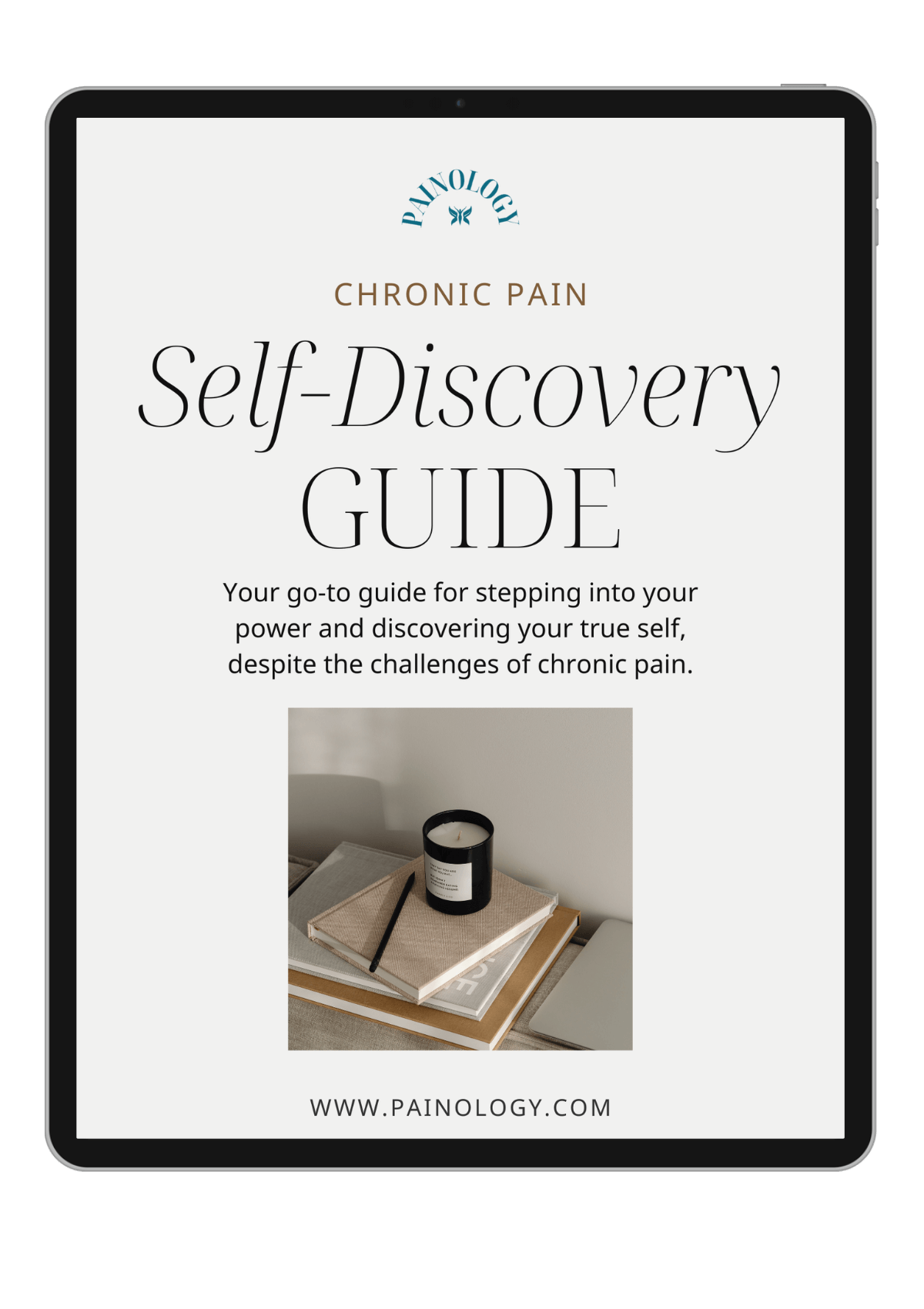
The Impact of Emotions on your Body

Understanding Emotions and Their Influence
Emotions are complex psychological and physiological responses to events, thoughts or stimuli. They are the signals from our brain that tell us how we feel about things happening around us and they include a wide range of feelings, from joy and love to fear, anger and sadness.
Emotions are shaped by our personal interpretation, perception, or understanding of a particular event, situation, or phenomenon and they are influenced by our beliefs, values, and past experiences, making them unique to each of us.
THE PERSONAL NATURE OF EMOTIONAL EXPERIENCE
Our subjective experiences with emotions vary widely due to differences in perception and interpretation. Emotions not only affect how we feel but also influence our physical responses and behaviours. These personal nuances in emotional experiences highlight how deeply our past and perspectives shape our present feelings.
PHYSIOLOGICAL RESPONSES TO INTENSE EMOTIONS
When we encounter intense emotions, especially during distressing or traumatic situations, our bodies initiate physiological and biochemical reactions. This natural stress response, commonly referred to as the fight-or-flight or freeze response, involves the release of stress hormones such as adrenaline and cortisol.
These hormones induce various physical changes in the body, such as increased heart rate, heightened alertness, dilated pupils, and redirected blood flow to vital organs, all aimed at preparing us to react to the perceived threat. While these responses are crucial for survival in the moment, they may also have lasting impacts if we fail to let go of the associated emotional tension.
Carrying Emotional Baggage: The Hidden Burden
Imagine your body as a backpack, filling up with emotional tension each time you experience distressing emotions. Over time, this emotional baggage becomes heavy, making you feel tense and on edge. This burden often persists because we don't know how to let go or feel restricted from expressing our emotions.
When we don't deal with these emotions properly, they can stick around and make us feel bad even after the tough times have passed. It's like carrying around that heavy backpack everywhere we go.

THE STORIES WE TELL OURSELVES
Alongside these emotions, we also create stories in our head about what happened, which can make things feel even worse. For example, if something embarrassing happened in the past, we might keep replaying it in our mind, making us feel embarrassed all over again.
You see, our brain doesn't know the difference between what's real and what we're just thinking about. So, when we're replaying past events in our minds or worrying about the future, our body reacts as if those things are happening right now.
It's like pressing play on a movie in our head, and our body reacts to the scenes as if they're happening all over again. This means the tension and stress we feel in our body are the same, whether it's from something happening now or something we're thinking about from the past or worrying about in the future.
Alongside the trapped emotional energy, there's usually a mental story or narrative connected to the stressful event. Our minds naturally try to understand our experiences, so we develop beliefs, interpretations, and mental narratives about what happened. When emotions aren't addressed properly, those feelings can persist and the energy remains in our bodies, leading to what's commonly known as emotional baggage or stuck emotions.
REAL-LIFE SCENARIOS: TRAPPED EMOTIONS IN ACTION
As an example, let's say someone experiences a traumatic event, such as a car accident. Alongside the fear, shock, or anger they feel in the moment, they may also develop a mental narrative about the event.
This narrative could include beliefs like "I'm not safe on the road," interpretations such as "I must always be hyper-vigilant while driving," or stories about what happened and why.
If they don't address these emotions and thoughts, they might find themselves feeling anxious or tense whenever they're in a car, even long after the accident. The emotional energy from the event remains trapped in their body, contributing to their ongoing feelings of unease or fear while driving.
“ The story we tell ourselves creates the world we live in.”
– MICHAEL HYATT
Another scenario could be that someone gives a presentation at school or at work and stumbles over their words, leading to embarrassment and feelings of inadequacy.
Alongside the embarrassment, they might develop a mental narrative that includes beliefs like "I'm not good enough," interpretations such as "I always mess things up," or stories about what others must think of them.
If they don't address these emotions and thoughts, they might find themselves avoiding similar situations in the future, fearing further embarrassment.
The emotional energy from the presentation remains trapped in their body, contributing to their ongoing beliefs of not being competent or worthy, and it goes on to influence their behaviour in similar situations.
RELEASING EMOTIONAL BAGGAGE: PRACTICAL TECHNIQUES
There are ways to deal with these emotions and stories so they don't weigh us down anymore. You have the power to let go of stuck energy and change the way you relate to old mental stories, allowing yourself to live more freely. Through practicing different emotional regulation techniques and exercises, you can release trapped energy and let go of stored emotions. This process enables you to move forward and live the life you truly desire.
If you're feeling overwhelmed by trapped emotions in your body, try these simple techniques to become more aware of and process your feelings:
Pay Attention to Your Body: Tune into your physical sensations and recognise where you might be holding tension.
Practice Breathing Exercises: Use deep breathing techniques to calm your mind and body, helping to release stored emotional energy.
Journal Your Thoughts and Emotions: Write down your feelings and thoughts to gain clarity and release pent-up emotions.
By using these techniques, you can learn to understand and manage your emotions better, ultimately processing and releasing those trapped emotions. It's like unlocking a superpower that enables you to feel happier and more in control of your life.

Your Journey to Emotional Freedom
Emotions are an integral part of our lives, shaping our thoughts, behaviours, and even our physical well-being. Understanding the profound impact emotions have on our bodies is the first step toward achieving emotional freedom. By acknowledging the personal nature of our emotional experiences and recognising the physiological responses triggered by intense emotions, we can begin to unravel the hidden burdens we carry.
It's essential to address and process these emotions, rather than letting them linger and weigh us down. Remember, the stories we tell ourselves can perpetuate emotional tension, but we have the power to change those narratives. By practicing mindfulness, paying attention to our body's signals, and using techniques like deep breathing and journalling, we can release trapped emotional energy and let go of stored emotions.
Emotional regulation is not just about managing stress but about embracing a healthier, more balanced life. As you implement these strategies, you will find yourself feeling lighter, more in control, and capable of facing life's challenges with resilience and confidence.
So, take a moment to tune into your body, breathe deeply, and start letting go of that emotional backpack. Your journey to emotional freedom and well-being begins now. Embrace it, and watch how it transforms your life.










